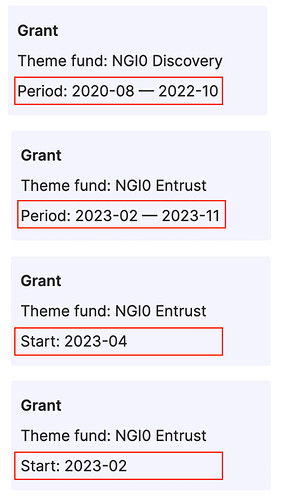If a non-profit was to fund some Task in line with its mission at fixed-price, and that Task was already funded by a third party, and could only be done once, that would surely be a waste of its money ?
The problem would occur if a board member of the non-profit decided to not pursue this task further, until there is funding. When an opportunity of funding arises, they don’t pursue this task further in the non-profit, because the task has been “temporarily” laid to rest, due to the lack of funding. The problem seems pretty obvious to me…
Or another scenario:
I think this is a more helpful scenario:
- Imagine a world where Bob owns a book-shop which sells educational books.
- Bob gets elected to the board of the ‘Foo’ non-profit that writes and publishes new educational books free of charge.
-
Jane owns a publishing company which publishes educational books.
- Also Jane gets elected to the board of the ‘Foo’ non-profit.
- Bob pushes enthusiastically for the charity to continue writing and fulfil the nonprofit’s mission by giving away free books to students.
- Not Bob, but Jane fears her business endangered. Some board members, including at least one contractor of Jane, in the ‘Foo’ non-profit vote to stop writing and publishing a specific book and to point readers to Jane’s publishing company.
- Although Jane’s company contributed a lot, the book has been written by the help of authors worldwide. Others in the non-profit translated, illustrated, proofread and advertised for this book.
- Foo is an educational charity. Giving away free books serves an educational purpose.
-
Bob is publicly blamed to have a conflict of interest. It is publicly pointed out that he “failed to establish a business relation” with Jane’s and another company.
- Others, including a contractor, do not have a conflict of interest.
Question 1: Why does Bob have a conflict of interest? He voted to continue the free publication of books. Bob obviously cannot sell free books. Where is his conflict?
Question 2: Why no one else has a conflict of interest, even if they work for the publisher and point at Bob’s supposedly failed business relation?
The whole situation is like running a pizza place in the same street as a food bank. The pizza place owner can decide to support the food bank and do something good for society. They can also decide to see them as a threat for their own restaurant, because some food bank visitors might be willing to buy a slice of pizza.
While that would be sad, it becomes truly problematic when the owner becomes a board member of the food bank and then votes to not serve specific goods anymore. The owner fears that this might take customers away, and in return, they cannot support the food bank anymore, so by giving away free goods, the food bank would damage itself.
That’s not how nonprofit works in my world.


